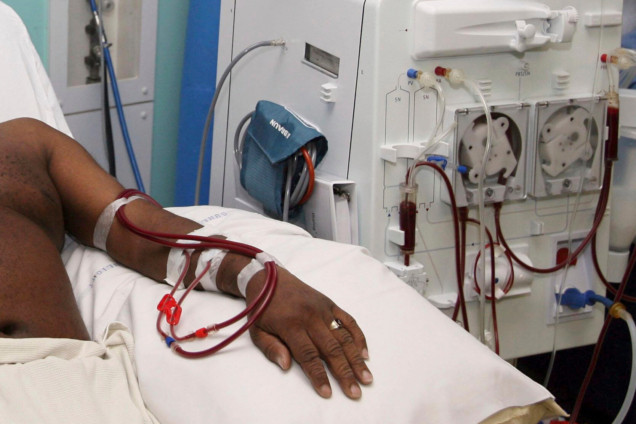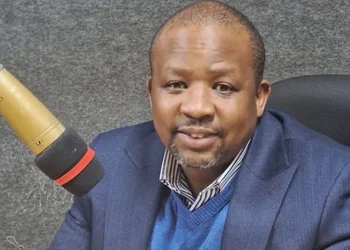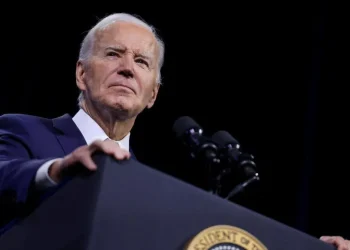The burden of chronic kidney disease (CKD) is rapidly rising in developing countries due to astronomical increases in key risk factors including hypertension and diabetes. This trend however can be observed in Ghana as many young people are contracting the disease.
According to a 2019 study by the National Institutes of Study (NIH), chronic kidney disease affects 13.3% of the Ghanaian population and this is alarming.
There are only 3 public and 3 private providers of Renal replacement therapy (RRT) where patients can receive dialysis, all of which are located in the Southern part of Ghana. This geographic inequality leaves the central and northern parts of Ghana without access to dialysis and at risk for greater mortality as a result of kidney disease.
Renal replacement therapy (RRT) through haemodialysis is a medical procedure that removes toxins from the blood of patients with kidney disease in acute and chronic cases.
There is inequality in terms of access to adequate medical care based on socioeconomic class as it is often difficult for those with CKD to travel to receive treatment consistently enough. Even Ghanaians who are lucky enough to live close to a dialysis centre may encounter financial difficulties in affording frequent dialysis treatments for an extended period of time.
The National Health Insurance Scheme (NHIS) provides coverage for acute dialysis treatments for up to GHS 850. The average cost per dialysis session is GHS 200, and so patients whose treatments total higher than GHS 850 must cover the remainder of the bill out of their own pocket. As of now, there is no specialized insurance coverage provided for patients with chronic kidney disease (CKD), who may need up to as many as three dialysis treatments a week.
However, within the course of the week a notice at the Renal Unit of the Korle Bu Teaching Hospital (KBTH) surfaced on social media informing patients of a sudden upward adjustment of the cost of treatment from GHS¢380 to GHS¢765.42.
Subsequently, the Chief executive of the KBTH, Dr. Opoku Ware Ampomah has publicly apologised to Ghanaians for the ‘fear and panic’ caused by the proposed new cost of dialysis.
Dr. Opoku Ware Ampomah admitted that processes were indeed underway to adjust the fees and charges at various units in the facility but the sudden adjustment was not sanctioned by the hospital’s management or approved by Parliament.
When he spoke on an Accra based station, Citi Fm, he disclosed that only six patients were unfortunately affected by the new charge, which was a result of a miscommunication by the Renal Dialysis Unit of the hospital but the balance will be offset for the affected patients’ next sessions.
The notice has reignited calls for the government to ensure that NHIS coverage is extended so that Ghanaians with chronic kidney diseases can afford the frequent dialysis treatments they need to stay alive.
There also has been calls for clarity and transparency from government and healthcare institutions alike in regards to the rising price of dialysis treatments.
In a swift response, the Ministry of Health has summoned the management of the KBTH over the new fee being charged kidney patients who visit the Renal Unit of the facility for dialysis sessions.
















